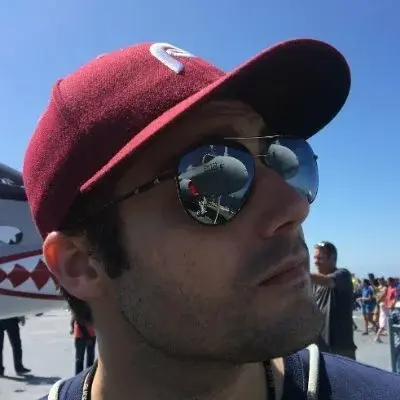- cross-posted to:
- [email protected]
- [email protected]
- cross-posted to:
- [email protected]
- [email protected]
cross-posted from: https://programming.dev/post/8121669
Japan determines copyright doesn’t apply to LLM/ML training data.
On a global scale, Japan’s move adds a twist to the regulation debate. Current discussions have focused on a “rogue nation” scenario where a less developed country might disregard a global framework to gain an advantage. But with Japan, we see a different dynamic. The world’s third-largest economy is saying it won’t hinder AI research and development. Plus, it’s prepared to leverage this new technology to compete directly with the West.
I am going to live in the sea.
www.biia.com/japan-goes-all-in-copyright-doesnt-apply-to-ai-training/



Thanks for your response. I realize I muddied the waters on my question by mentioning exact copies.
My real question is based on the ‘everything is a remix’ idea. I can create a work ‘in the style of Banksy’ and sell it. The US copyright and trademark laws state that a work only has to be 10% differentiated from the original in order to be legal to use, so creating a piece of work that ‘looks like it could have been created by Banksy, but was not created by Banksy’ is legal.
So since most AI does not create exact copies, this is where I find the licensing argument possibly weak. I really haven’t seen AI like MidJourney creating exact replicas of works - but admittedly, I am not following every single piece of art created on Midjourney, or Stable Diffusion, or DALL-E, or any of the other platforms, and I’m not an expert in the trademarking laws to the extent I can answer these questions.
Always happy to discuss copyright. :-) Our IP laws are long overdue for an overhaul in my opinion. And the only way to make that happen is for as many people as possible to discuss the issues. I plan to spend the rest of my life creating copyrighted work, and I really hope I don’t spend all of it under the current rules…
The law doesn’t say that.The Blurred Lines copyright case for example was far less than 10%. Probably less than 1%, and it was still unclear if it was infringement or not. It took five years of lawsuits to reach an unclear conclusion where the first court found it to be infringing then an appeals panel of judges reached a split decision where the majority of them found it to be non-infringing.
Copyright is incredibly complex and unclear. It’s generally best to just not get into a copyright lawsuit in the first place. Usually when someone accuses you of copyright infringement you try to pay them whatever amount of money (in the Blurred Lines case, there were discussions of 50% of the artist’s income from the song) to make them go away even if your lawyers tell you you’re probably going to get a not guilty verdict.
I don’t have a source to cite, but I did read an article that showed a bad faith actor deliberately trying to use ai to copy images directly, and while the results weren’t exact replicas, they were reasonable facsimiles of the original, to the extent that if a human has created it without ai, it would have been blatant copyright infringement, despite not being quite identical.
I wish I had the examples on hand to show, but it was months ago, and unfortunately I have not the skills nor time to retrieve it.